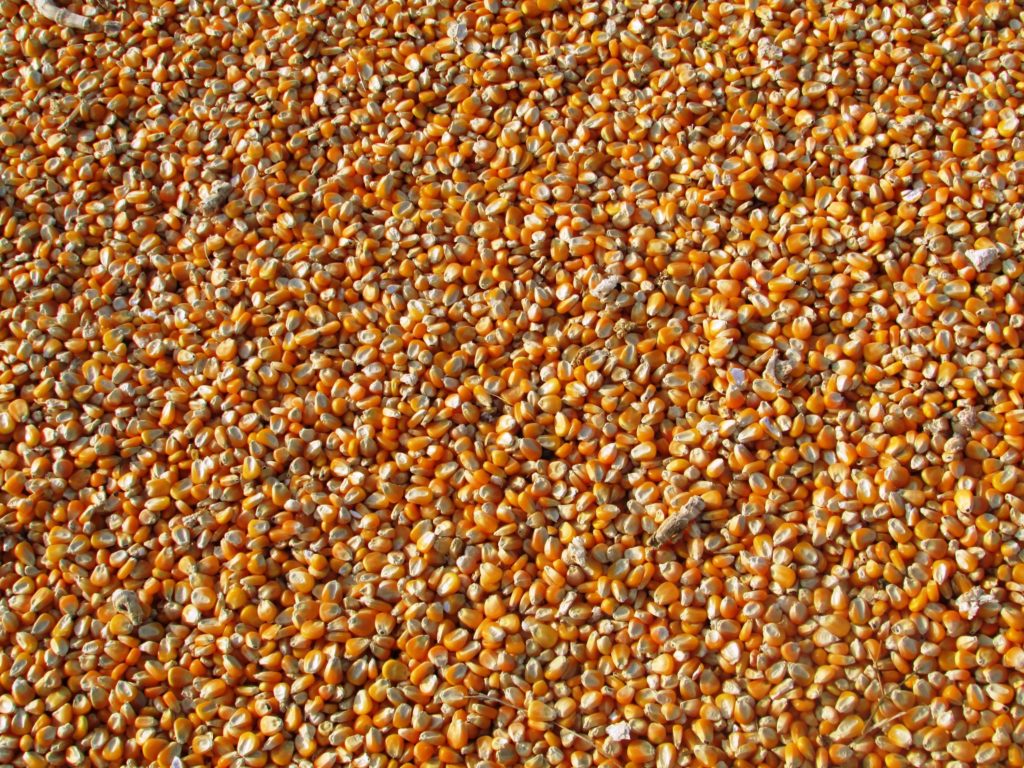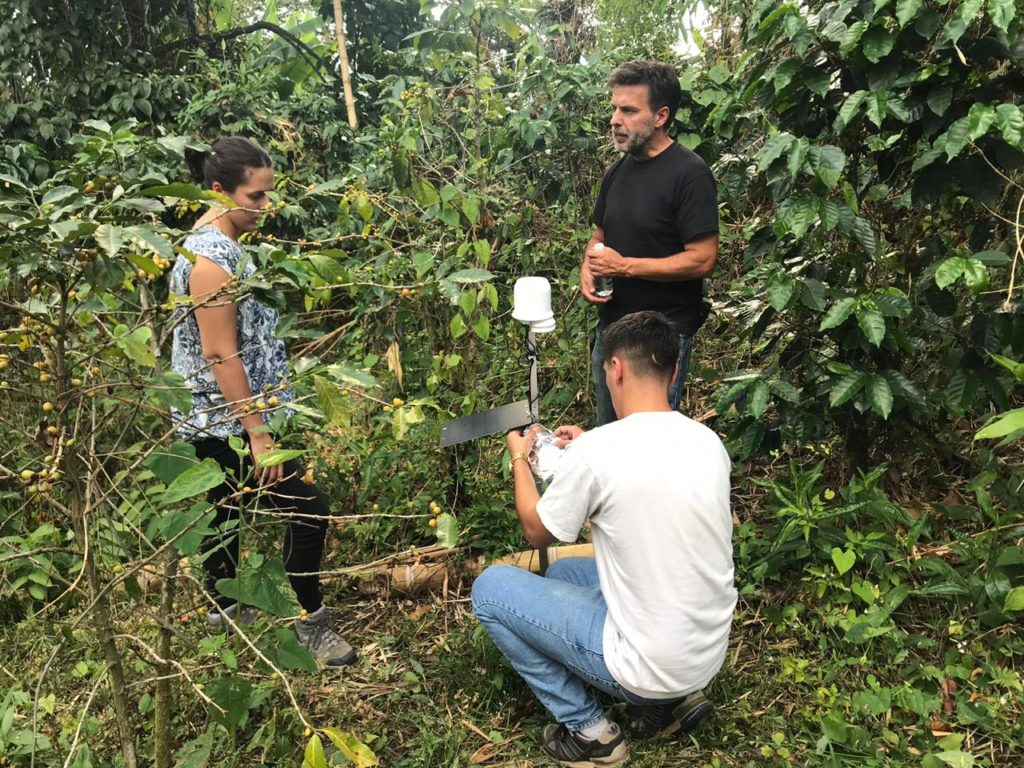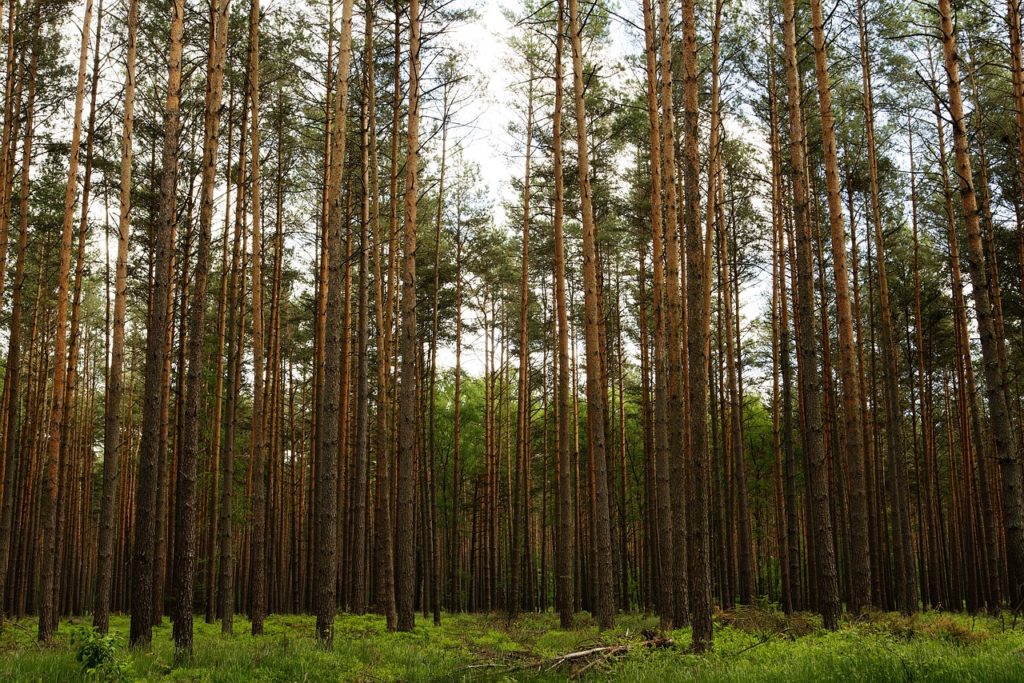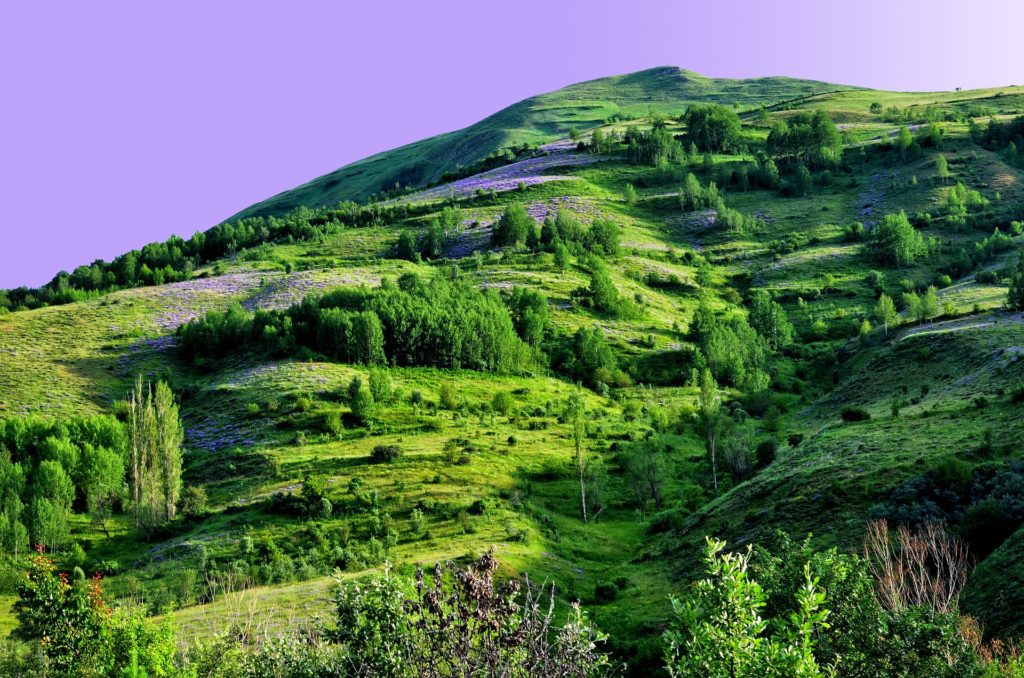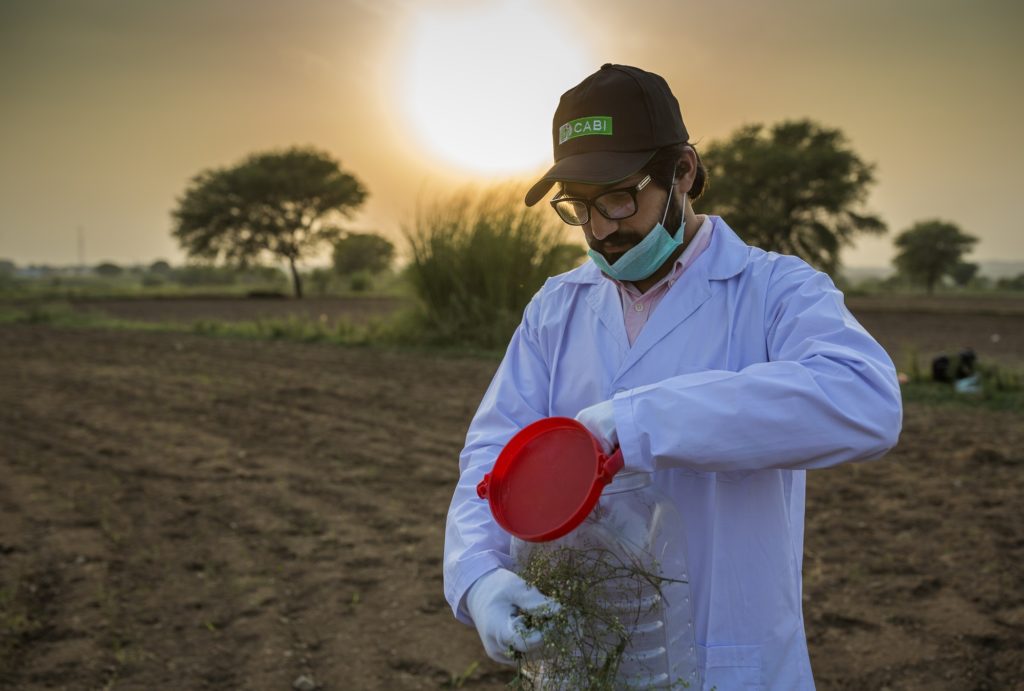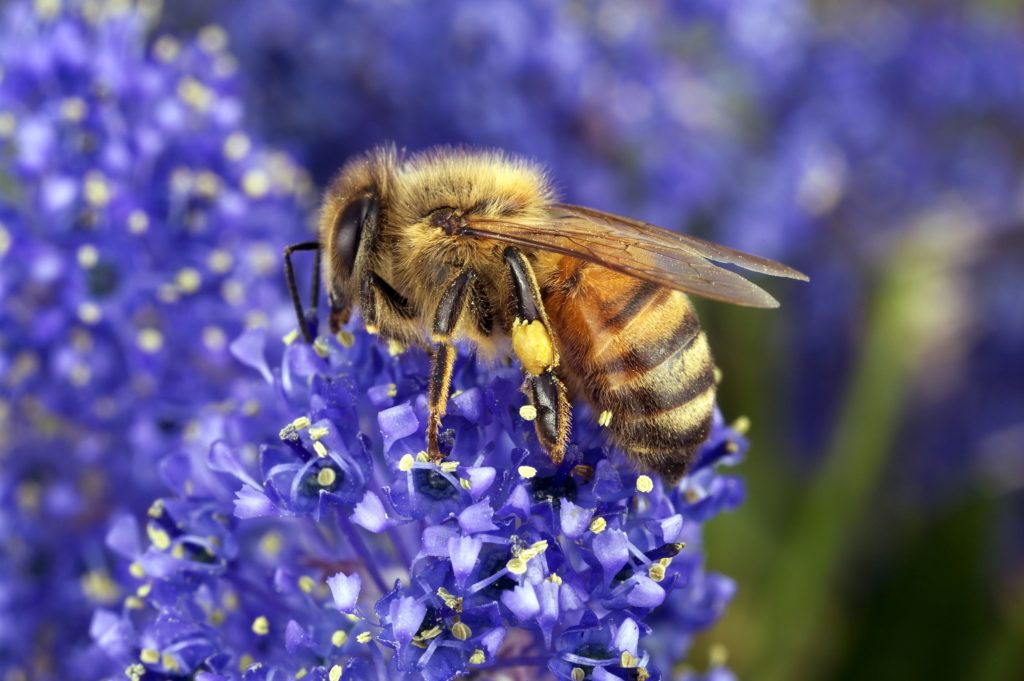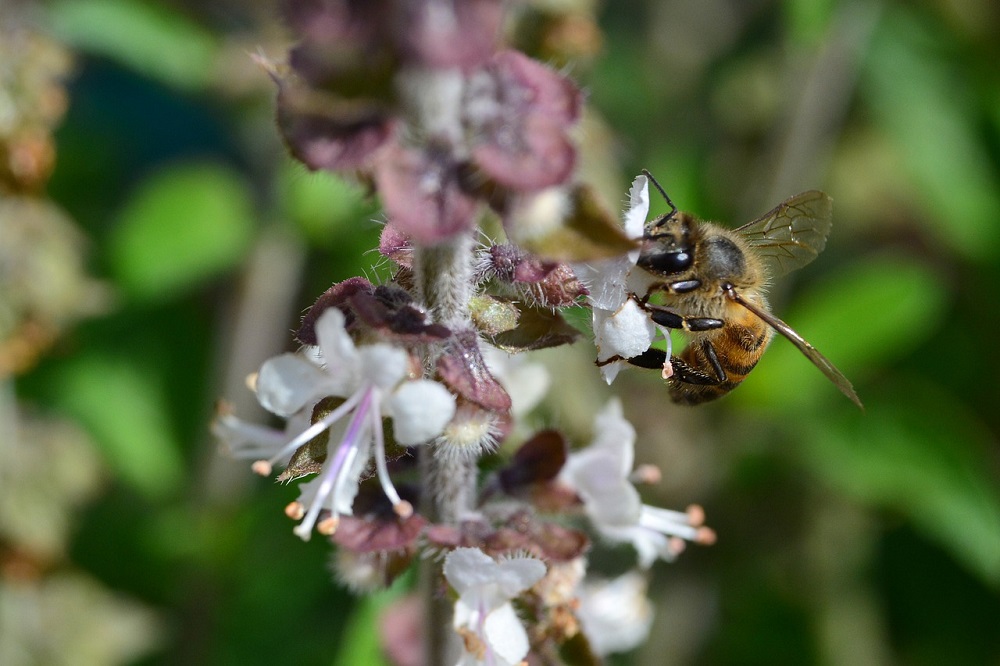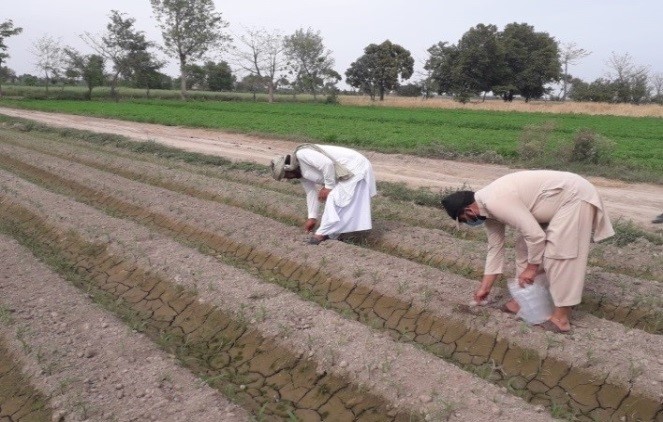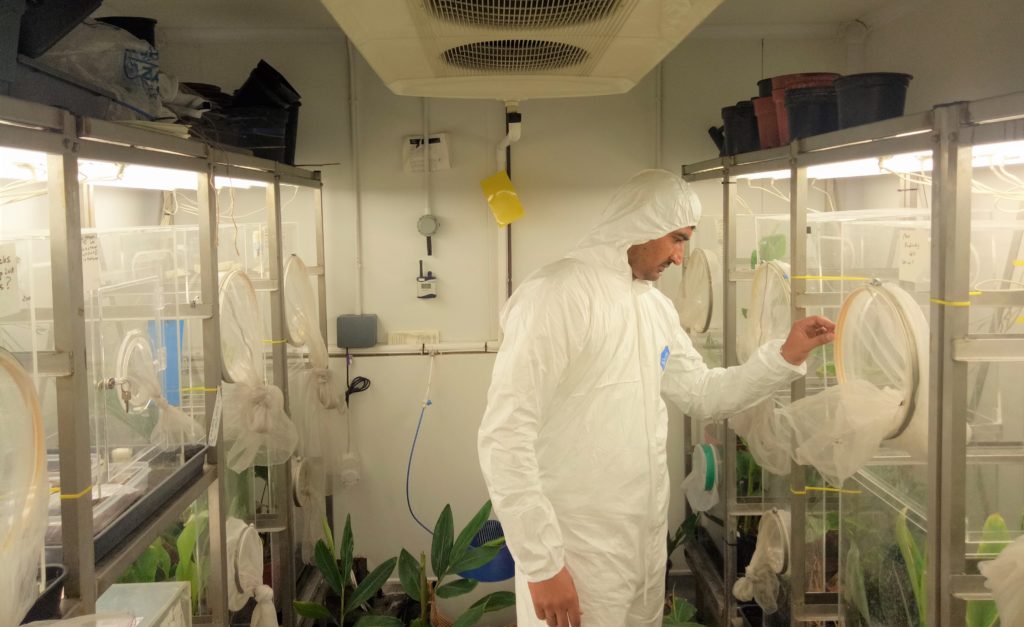How smallholder farmers can combat their reliance on staple crops
The world’s population relies overwhelmingly on four staple crops which together account for more than three-quarters of our food supply: maize, rice, soybean and wheat. Global food shortages will arise when these crops fail in a warmer climate, as is increasingly the case.
Nature holds power to minimise impacts of climate change
After a further series of stark warnings about climate change from prominent scientists, and the experience of clear ‘runaway’ climate change impacts culminating in the Siberian heatwave this summer, the need to act on climate change has never been more urgent. Relying on technology The world faces the dual task of rapidly and radically reducing…
CABI Confronting the Climate Crisis
The impacts of climate change will not just be experienced by our grandchildren in decades to come. For the 800 million of smallholder farmers across Africa, Asia and Latin America, the hazards being driven by climate change are already threatening their lives, incomes, and yields. CABI is working across its centres and with its partners…
Providing for bees in forest regeneration projects
Restoring pollinator populations should be prioritised for long-term effectiveness in forest restoration programmes According to the World Bank, 1.3 million km2 of forest was lost to human activities between 1990 and 2016, and deforestation rates have been increasing. With the threat of massive biodiversity losses and mounting evidence of the importance of forests in combatting climate change, efforts…
African scientists call for urgent action to control use of neonicotinoid pesticides
African scientists are calling for urgent action to control the use of toxic neonicotinoid pesticides, which are already banned in Europe, for fear of them having an adverse effect on biodiversity and food security in Africa. SciDev.Net reports that Enock Dankyi, a member of the Ghana Academy of Arts and Sciences and a lecturer at…
Field trials of biocontrol product are paving way for aflatoxins control in Pakistan
By Dr Sabyan Faris Honey, CABI, and Deborah Hamilton, USDA CABI as lead implementing partner along with its technical partner, Pakistan Agricultural Research Council (PARC) is working on a public-private partnership program led by U.S. company, Ingredion and its Pakistani subsidiary, Rafhan Maize to protect health and nutrition of Pakistan’s citizens by keeping food supply…
From Islamabad to Egham: Sharing quarantine best practice to fight Parthenium weed in Pakistan
Biocontrol Research Officer Dr Kazam Ali from Islamabad has undergone an intensive week-long quarantine management course delivered by CABI colleagues in Egham, UK, as part of a joint focus on fighting the highly invasive and destructive Parthenium weed in Pakistan. Dr Ali, who works at a new quarantine facility built to create greater capacity for…

